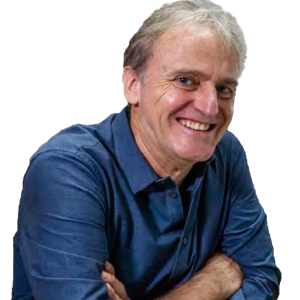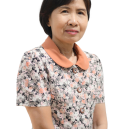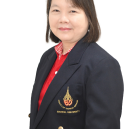
Since November 2000, I work at the Mahidol-Oxford Tropical Medicine Research Unit in Bangkok, Thailand, where I am currently the Deputy Director and Head of Malaria Research.
Our research unit studies a diversity of aspects of infectious (and other) diseases that are causing significant morbidity and mortality in the tropics. For this purpose we have a large network of clinical sites in both Africa and Asia, including Thailand, Bangladesh, India, Cambodia, Mozambique and elsewhere.
My main research interests include the pathophysiology and treatment of severe malaria, antimalarial drug resistance and improvement of intensive care practice in developing countries. We showed in a large multinational trial in SE Asia in 1461 mainly adult patients, that parenteral artesunate is superior to quinine in preventing death; an even larger trial comparing the same drugs in African children with severe malaria is under way. Studies on the microcirculation in patients with severe malaria have revealed the likely contribution of red cell rigidity to the impairment of microcirculatory flow. We were the first to apply a new method to visualise obstruction of the microcirculation in vivo in patients with severe malaria. We also developed a method to calculate the sequestered parasite biomass from plasma PfHRP2, a protein released by the parasite, and showed that yet to be identified organic acids other than lactate are important contributors to the metabolic acidosis in severe malaria and have strong prognostic significance. Our team was the first to perform a comparative trial which unambiguously showed resistance of P. falciparum to artemisinins in Western Cambodia, and in collaboration with other international groups are now working on further characterization of this resistance phenotype and identify molecular determinants of artemisinin resistance. We are also involved in finding new treatments for these patients and in the containment efforts against this serious threat to global malaria control.
In addition to this focus on malaria, we are coordinating a dedicated effort to improve intensive care medicine in developing countries in Asia, through teaching as well as the systematic implementation of cost-effective interventions and their assessment. My vision is that true collaborations with enthusiastic and like minded doctors and researchers from all countries where we are active help to identify important research questions, improves the quality of research, and builds capacity as an inherent side effect. Our unit has unique expertise and possibilities to conduct research from bench to bedside, and is in the centre of an extensive network enabling to conduct large multinational trials when definite answers are sought for important research questions aimed at improving treatment and reducing morbidity and mortality of malaria and other diseases.





